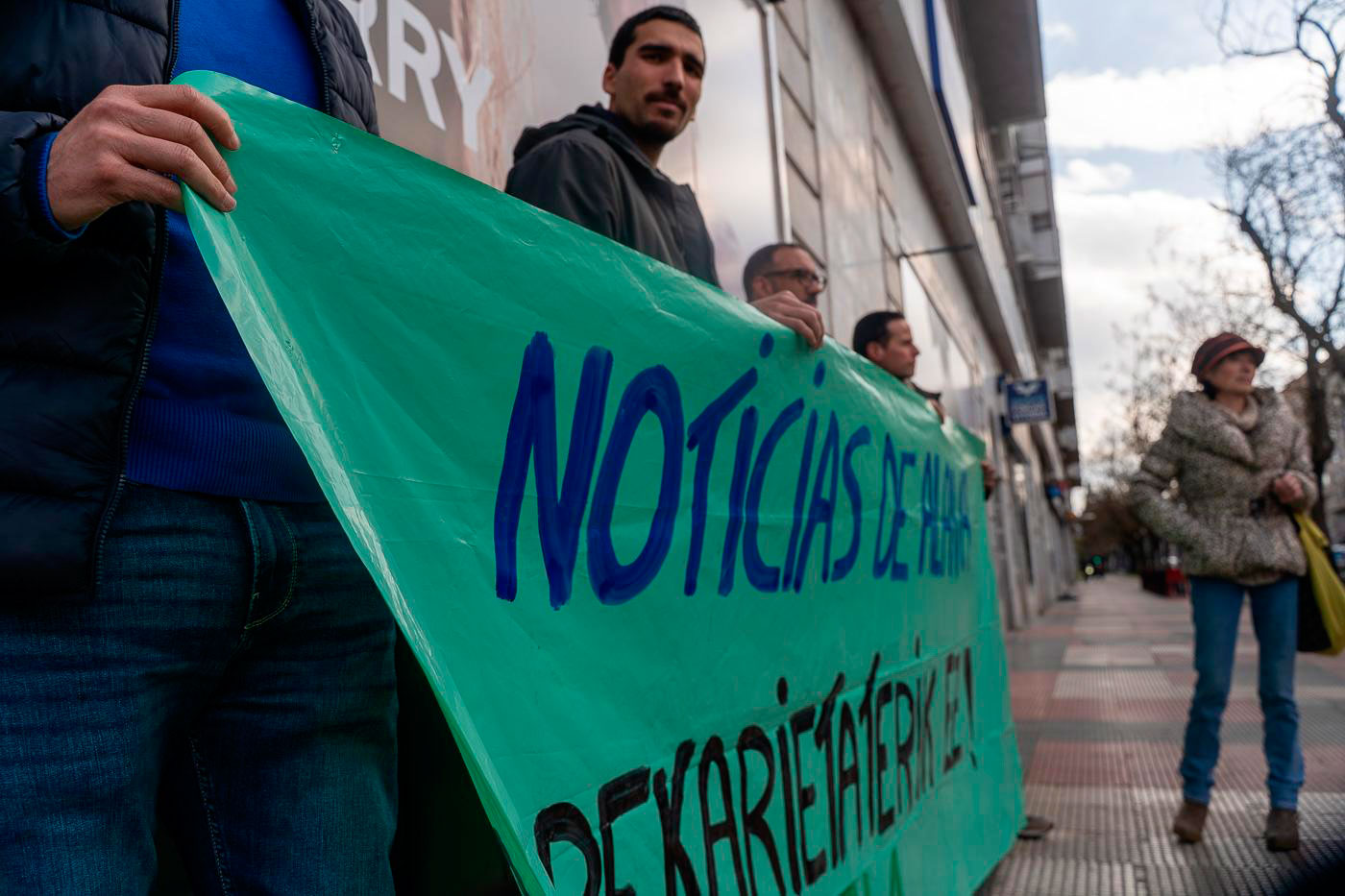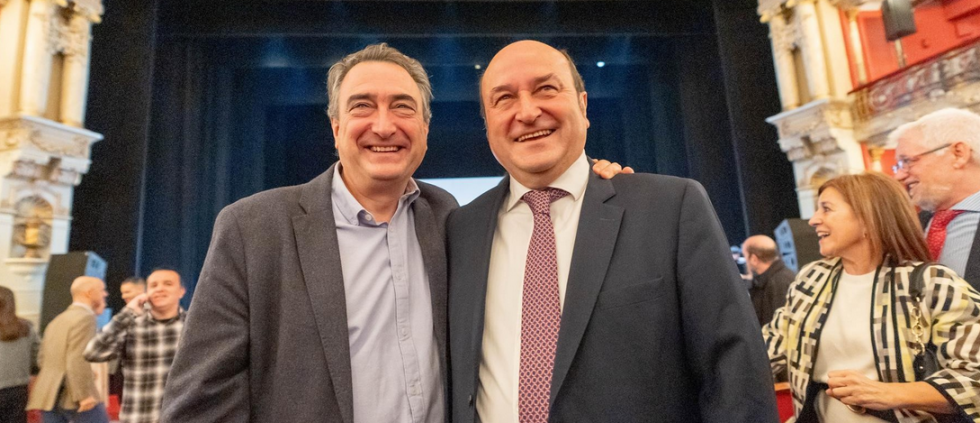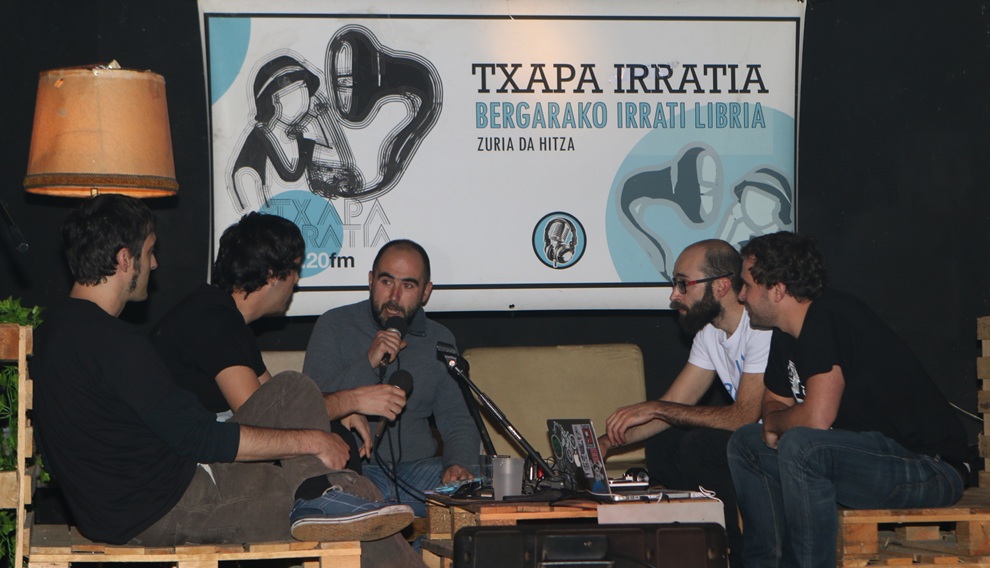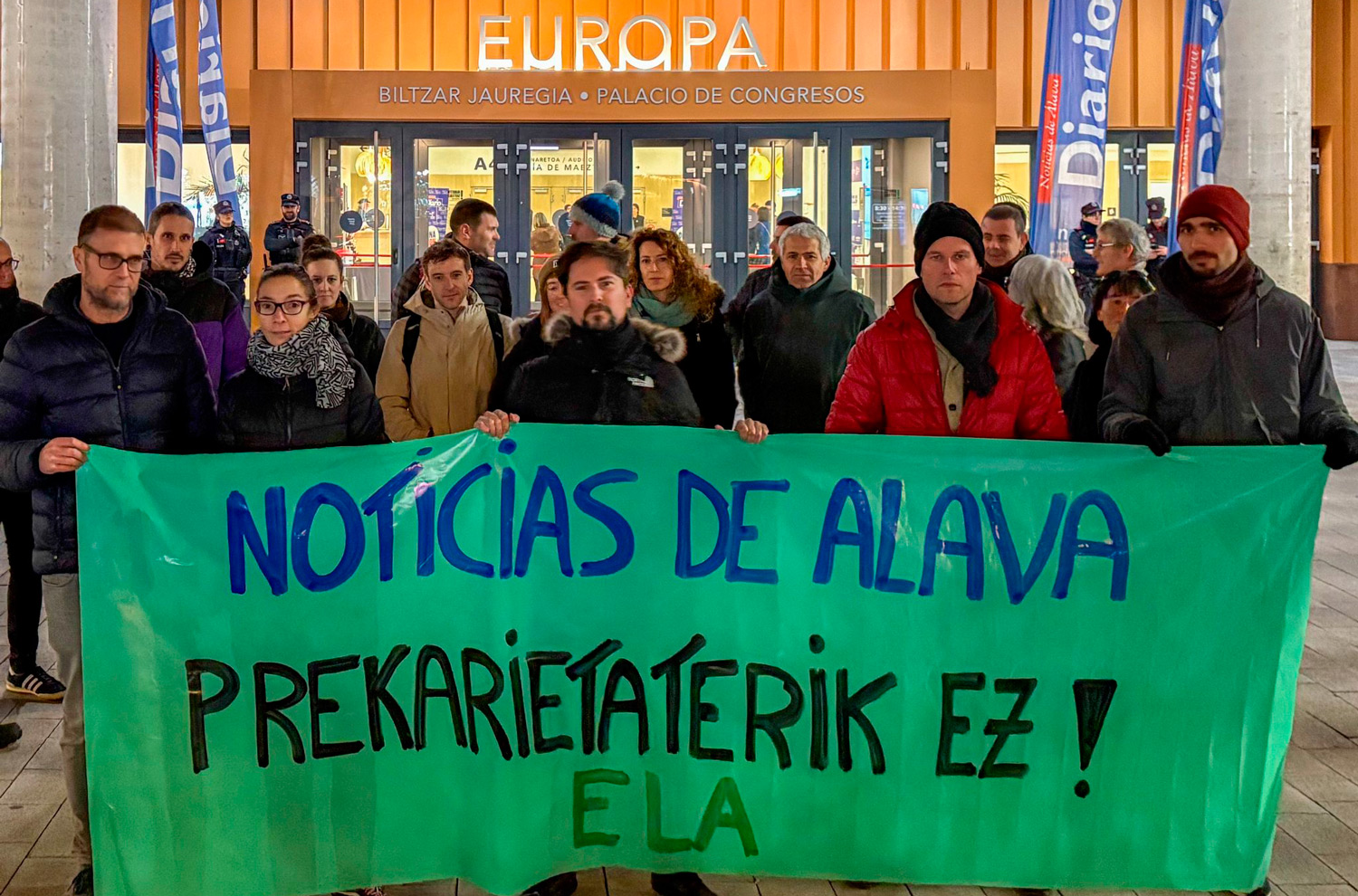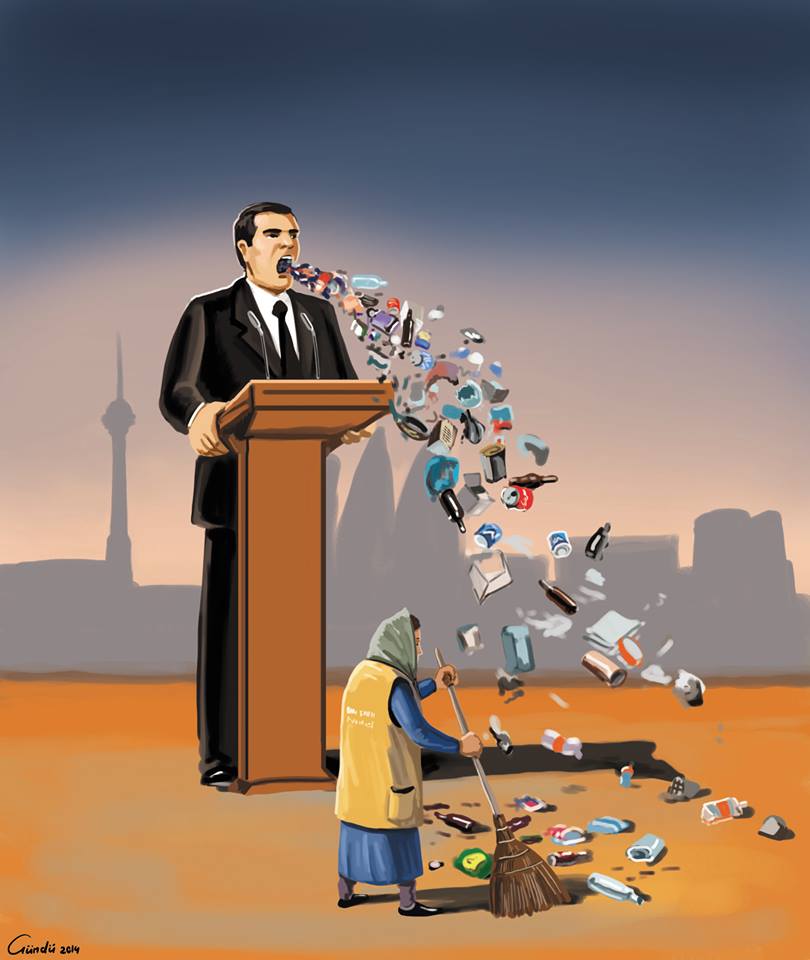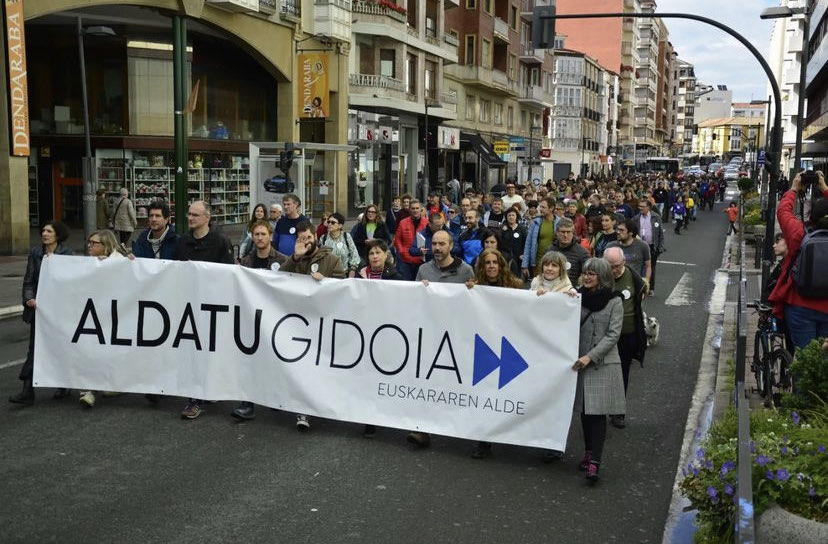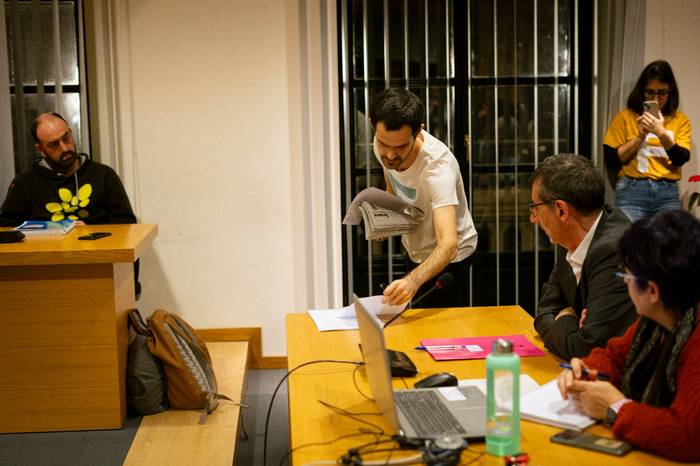"The Internet has not democratized information, but misinformation."
- The media has been the center of work and the study of Pascual Serrano (Valencia, 1964). He was one of the creators of the pioneering digital publication Rebelón in 1996 and advisor to the television Telesur at the dawn of the Latin American channel. A scholar in the sector has denounced in many books the techniques of manipulation and the obscure interests of the big media. But in recent times, Serrano has analyzed the creation of new business models that seem interesting to him. He considers that it is not the corporate media that disseminate interested free news, but the cooperative and valuable media that support the subscriptions of committed readers who appreciate quality.
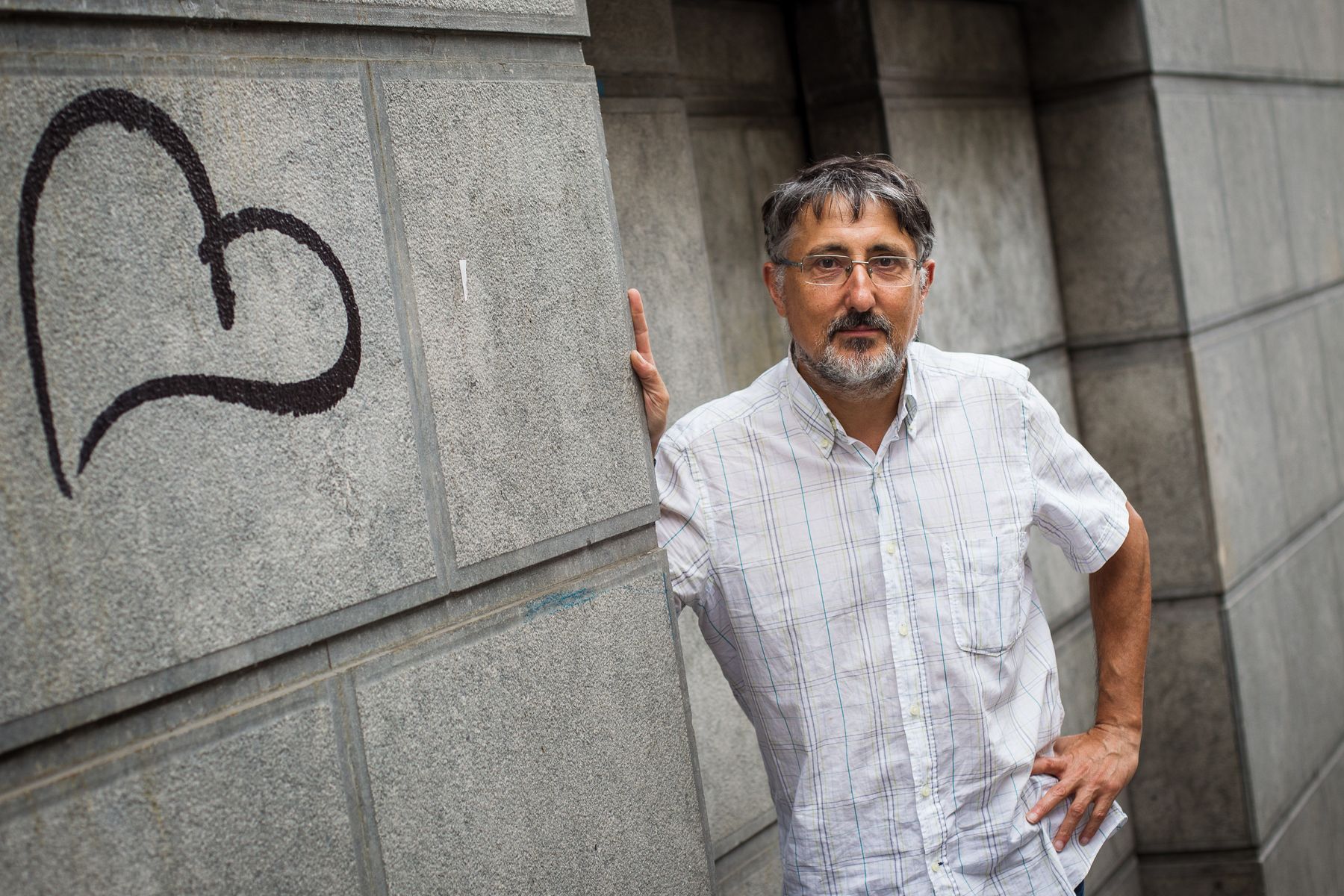
In the book Disinformation he explained how the media conceals the world. Is it more than they count?
Probably yes, what they count is becoming more and more false or is treated from a wrong point of view, extracted out of context, distorted or applied double standards. Many mechanisms are used, but the picture of misinformation is bleak.
It seems, however, a good time for filtering journalism n.La
is good insofar as it is transparent, but it is not journalism itself. A person, often at risk, is socialized information, its primary merit. Journalism works in some way, shapes and transmits that information. However, in the case of the famous Wikileaks (Cablegate Affair 2010), that particular series of media to which information was passed did not show much correctness in transmitting that information, because they opened up what they were interested in and many other things silenced. Subsequently, when the information was made available to all, it was found that these media had hindered the dissemination of all information.
The greater the media, the more suspicious?
It is not about measures, it is about who the money is. In the case of the big media, money is often the worst sector and in the case of the small, money is that of the most normal people.
First of all, look at who owns
the money, as I said to him. Then, as with the mechanic or cardiologist in your car, you have to trust one. You have to think the car will slow down and the doctor will do you well, you can't become a mechanic or doctor to do it yourself. You can't even go to Syria to see what's going on there, you have to trust someone. It is important to have a number of media and specialist reference journalists. Try to find and follow the most honest and convincing people who report on the Middle East, Colombia or Africa.
Is there a reliable press in Spain?In the Spanish print press, today, there
are cooperative media that do participatory journalism, they are not militant media that have traditionally been considered alternative, but they are making useful information about what we had 20 years ago. Eldiario.es, Infolibre, La Marea, Economic alternatives and Mongolia, for example, are commercial companies seeking profit, not NGOs, but break with a malicious scheme: large shareholder companies, large financing advertisers and large creditor banks. They are healthier economically than El País or El Mundo and, in addition, they are taking on a more relevant role: the problem of black cards Eldiario.es and Infolibre of Panama's money from the anti-corruption prosecutor emerged. The investigation is being carried out and journalists are being brought to Ukraine or Syria, and that is something that is worth it.
The public could not, however, remain in the papel.Una of the false beliefs
of the Spanish hearings is that they have the right to information, but without asking who should pay it. There are three options: for a social state to pay for it, such as health and education – and it does not seem that our states are in favour of it – or for BBVA and El Corte Inglés to pay for it – and in that case the information that has been done so far is insufficient – or for us to pay for it ourselves. To think that a millionaire will keep the newspaper on the left and that every weekend, with half a euro paid, he will give us a DVD, is not viable.

So isn't there good or honest journalism in the mainstream media?
I believe that there are conjunctures and synergies that must be exploited. For example, a company like La Sexta can have a critical editorial line today with the corruption of the PP and, therefore, if we are called to appear there, we have to be prepared to go, knowing that if we harm the interests of its shareholders, if we talk badly about José Manuel Lara or BBVA, we will face a wall. If Reason called me now to write a weekly column, I would say yes, because I think it's to write what I originally want.
There may also
be a capitalist logic: for the sector on the left of society, as a consumer, to make a chain or some sesiones.Por assumption, especially if you see that the system does not fall. For example, when the Intereconomy brought Pablo Iglesias to his tertulia, he preferred that the damage he could cause would increase the audience from 2% to 4%. What was Churches going to do? It is, of course, there. This didn't make the medium to the left.
“First, find out who the money is. Next, it’s important to have a wide range of media and specialized reference journalists.”
Are the media with alternative messages and visions condemned to be always alternative? In other words, do you have to choose between reaching the mass or telling the truth?
The situation has changed. For example, I believe that the time of the Rebellion in which I intervened in the creation has passed. They were very militant media, we didn't do journalism. The Internet had not yet developed and it was revolutionary to show before the oligopoly of then the voice of social movements before the control of the media, silence the leftist examiners and give opinions. Today, on the other hand, the media that I mentioned earlier do, but they do, they do journalism, they pay collaborators, they send informants ... We didn't. The time of the militant militant media has passed, and today we have to protect those media that work differently, through our readers. There's a market to do different media.
Furthermore, you say that it has to
be divertido.Ha was a historical error of the left not to give importance to the presentation of the media, it has taken us 40 years to realize that the texts could be framed well and read better with the photo, that humor can be used with political content. Compromised journalism also has to be ameno, we can't give big media the exclusivity of being attractive. Of course, we can't take garbage, do sexist content or stay in the show, but we can't be boring either.
Does the superficial and short formats the jibarizado tells you do not serve to spread a critical message?
We are obliged to use them, but dominant thinking has an advantage over critical thinking in the use of simplified ways of surfing on the surface of information. The former does not need to go deeper or argue, and the latter needs more space. We are not going to stop using the 140-character website on Twitter, we have no choice but those of us who want to change the world, those who have an alternative discourse and those who want to deal with arguments about the stablishment mentality need more space. So we played in the enemy's field in microformats.
If you don't pay for a product, it's said that the product is because it's you.
That, according to Ignacio Ramonet, “rotting fish is usually free and you have to pay a good fish,” the ads are obtained through the sale of audiences. Why pay, if I have a lot of free information at my disposal? Imagine that that free information has a trap, because who has paid the journalist? Always an interested source. What's more, if no one has apparently paid, that information is likely to have a secret intent on getting something.
“The time of militant media has passed, today we have to protect the media that have another functioning, through the readers subscribers”
Accustomed also to the “all free”, the critical reader on the left, does it not refuse to pay?
Yes, of course, but those of us who are for honest journalism have to do pedagogy. Imagine that ten years ago they were paying EUR 30 a month for the paper newspaper, and now they find it too much to pay EUR 6 a month. The economic cost isn't that much, it's more mental, because you're used to receiving everything for free on the screen.
Is journalism possible without journalists?At
all, I am against what has been called citizen journalism. We must listen to the citizen, be the protagonist of the information, their requirements must be news, but there must be a technician to choose the information and shape the message. It will have to do with what criteria it does, with values of trade or social commitment.
In his book The press has died, long live the press (2014) said that the crisis has brought to freer media. Did you refer to the media crisis within the financial crisis?
I said that the crisis of the old oligopolistic model was not a tragedy, because the progressive media of value had been in crisis for a long time. They say that they have lost the publicity and that the bank does not give them the loan, and I say that good media has never received that kind of advertising or money. Before the crisis was for others, it was not a big problem, now we played in the same league. Welcome to the Internet, where the costs are lower and the struggle is to get a few subscribers. However, the Internet has not completely democratized information, such as misinformation, because anyone can say barbarities. In general, I believe that the situation is better and that the crisis has been healthy in this respect.

But the press, above all, is still in the hands of big corporations. In fact, you say that their latest books are the “unmade revolution” of democratic media. In the case of radio and
television, very little has been achieved, because a lot of money is needed, because there is strict control of licences and because it is technically more difficult to do TV well. At the moment, the power of the media is enormous, the fourth power is no longer the one that controlled the other three. It is the power at the service of money that has the least democracy and legitimacy. It has demonstrated the ability to manipulate and order coups d'état in the face of anti-terrorist political circumstances, such as that experienced in Latin America.
What measures should be taken?Mechanisms should be put in place to ensure that the contents
are honest, so that they do not continue to lie with impunity. In everyone’s mouth is the lack of honesty of the media, the post-truth, the lie... If the bridge falls, the architect is responsible, if there is a bad operation, the doctor, the journalist lying or the environment is not responsible. I believe that measures must be taken to take account of the opinions of the public, against concentration, in short, to guarantee the right to information and to be informed. The right to true information is enshrined in Article 20 of the Spanish Constitution, but no one guarantees it because it is left to the markets and the market is not to guarantee rights, but to do business.
Should it then be a truthfulness monitoring institution?
They have done so in Venezuela and, above all, in Ecuador. Who punishes it? An expert organization, neither the Government nor a judge. If one can lie, the citizen cannot distinguish the truth from the lie, it is a censorship like that of a dictatorship.
Gaur abiatu da Bizi Baratzea Orrian kide egiteko kanpaina. Urtaro bakoitzean kaleratuko den aldizkari berezi honek Lurrari buruzko jakintza praktikoa eta gaurkotasuneko gaiak jorratuko ditu, formato oso berezian: poster handi bat izango du ardatz eta tolestu ahala beste... [+]
Alemaniako Poliziak asteleheneko gertakariaren arrazoiak "politikoak" zirela baztertu duen arren, 35 urteko Alexander Scheuermann Ring Bund talde neonaziko kide zen. Bi hildako eta hamar zauritu utzi dituen atentatuaren egileak sare sozialetan "gorroto mezuak"... [+]
Lan baldintzen "prekarietatea" salatzeko kontzentrazioa egin zuten asteartean egunkariaren egoitzaren aurrean. Abenduaren 2tik sindaura greban daude langileak eta mobizlizazioak "areagotzea" erabaki dute orain.
Urtea baino gehiago da Olatz Simonek –EITBko berriemailea Parisen, garaian–, orrialde hauetan bertan ohartarazi zigunetik Bruselak kazetariari lanbideaz erakusten dionaz. Eta halaxe joan gatzaizkio galdezka Amaia Portugali. Bruselan gure irrati publikoak duen... [+]
Langileek salatu dute zuzendaritzak ez diela lan baldintzen gaiari heldu nahi izan eta enpresak nahiago izan duela Gaztea Sariak ekitaldia bertan behera utzi, “horrek sortutako albo-kalte ekonomiko eta sozial guztiekin”, arazoari irtenbidea eman baino.
Joan den asteartean La Vanguardia-n argitaratutako artikuluan egin zuen proposamena Txema Montero abokatu bizkaitarrak. 30 urtez Deia egunkariko kolaboratzailea izan da eta lehenik hara bidali zuen bere artikulua, baina egunkariak ez zion argitaratu.
Hemendik aurrera egunkarian soilik "norbanakoen askatasuna eta merkatu librea" sustatzen dituzten iritziak jasoko direla adierazi du enpresaburuak. Iritzi artikuluen zuzendariak hedabidea utzi duela ere argitaratu du.
Egitarau mardula prestatu dute Bergarako irrati libreko kideek: musika, literatura eta tailerrak. Besteren artean, martxoaren 29an Txapa Eguna egingo dute.
Diario de Noticias de Álava (DNA) egunkariko langileak sinadura greban daude, eta aspaldi ari dira beren lan baldintza “miserableak” eta horiek kazetaritzaren kalitatean duen eragina salatzen. 2013tik soldatak izoztuta dituzte, eta ordutik erosahalmenaren %30... [+]
Palestinan genozidioa, Europan gerra eta potentzia nuklearren artean tentsioa. Ez daukagu berri on askorik emateko, baina bada bat, hondamendi orokorretik eratorria, aipatzea merezi duena: aldeko baldintzak sortzen ari dira kontrainformaziorako, informazio independenterako,... [+]













